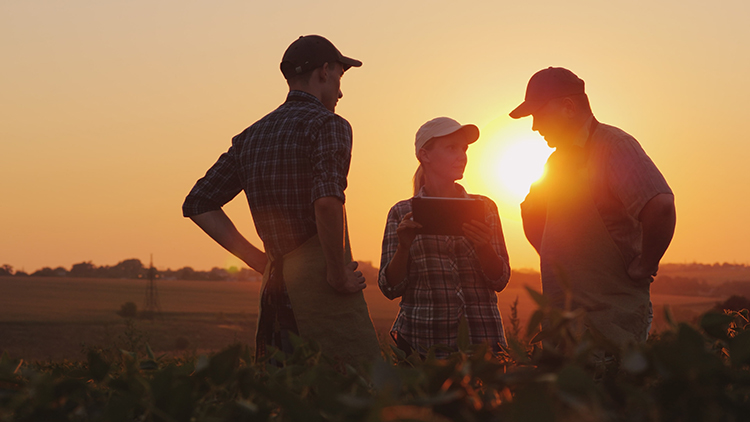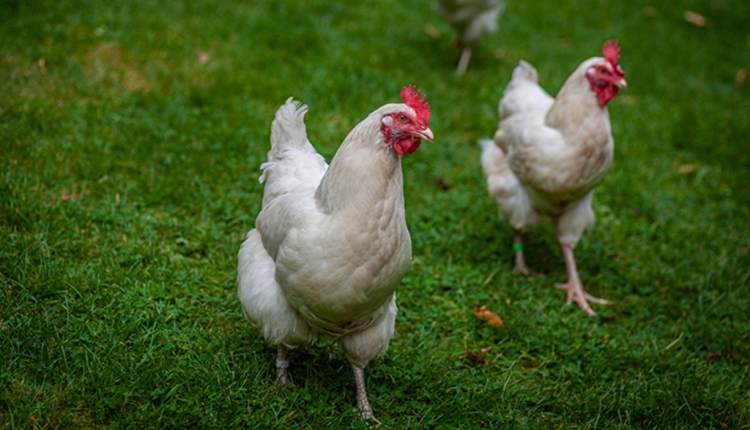
Farmers literally fed the Allied forces and the world’s war-ravaged citizens during World War II.
This time the war is against a different enemy — COVID-19 — the novel coronavirus. Everyone on the farm, and all those in the supply chain leading to the grocery store, are working hard to keep their fellow citizens fed.
Just how important is America’s agricultural system?
“Please keep working!” states Uncle Sam.
Those are among the “Essential Critical Infrastructure Workforce” as deemed by the U.S. Department of Homeland Security on March 19, 2020, are: “Farm workers to include those employed in animal food, feed, and ingredient production, packaging, and distribution; manufacturing, packaging, and distribution of veterinary drugs; truck delivery and transport; farm and fishery labor need to produce our food supply domestically.”
Farm auctions to continue
Farms and rural America operate far more differently than our cities.
That’s in part because many farmers do not have access to high-speed internet, the tool that’s become the major response to today’s social distancing efforts. Since many farmers cannot get online due to this underwhelming electronic infrastructure, Wisconsin Governor Tony Evers issued an important exemption in “Emergency Order #8 Updated Mass Gathering Ban.”
It involves auctions.
“Retail establishments and auctions that sell animals for production agriculture, animal feed, and agricultural equipment and parts . . . are exempt from the Mass Gathering Emergency Order.” For reference, that language is found under Section G. iv. on page 4 of Executive Order #8.
Governor Evers also doubled down on the federal government’s declaration on the importance of agriculture, “Activities necessary to cultivate and distribute food including farming, livestock, and fishing . . . are exempt from the Mass Gathering Emergency Order.” For reference, that language is under Section G. i. on page 4 of Executive Order #8.
Now it’s important to remember to preserve social distancing in these activities by keeping 6 feet of space between people during these events.
Crops count, too
“Farm workers and support service workers to include those who field crops; commodity inspection; fuel ethanol facilities; storage facilities; and other agricultural inputs” have been asked by order of the U.S. Department of Homeland Security to keep the food production system moving full steam ahead during the spring cropping season.
Back to animals and the essential workforce identified by the U.S. Department of Homeland Security . . . “Animal agriculture workers to include those employed in veterinary health; manufacturing and distribution of animal medical materials, animal vaccines, animal drugs, feed ingredients, feed, and bedding etc.; transportation of live animals, animal medical materials; transportation of deceased animals for disposal; raising of animals for food; animal production operations; slaughter and packing plants, and associated regulatory and government workforce.”
About equipment dealers . . . “Employees engaged in the manufacture and maintenance of equipment and other infrastructure necessary to agricultural production and distribution.”
Bottom line . . . if you work in a sector that serves farmers, America needs you to help farmers feed America.

The author is the managing editor, and he brings over 22 years of industry leadership to our readers overseeing all editorial content and production of the magazine. His degree from the University of Wisconsin-Madison combined dairy science and agricultural economics.








